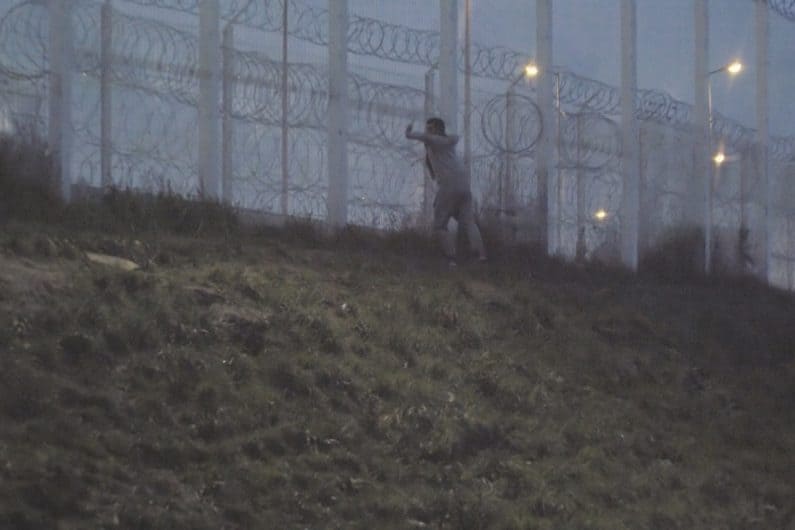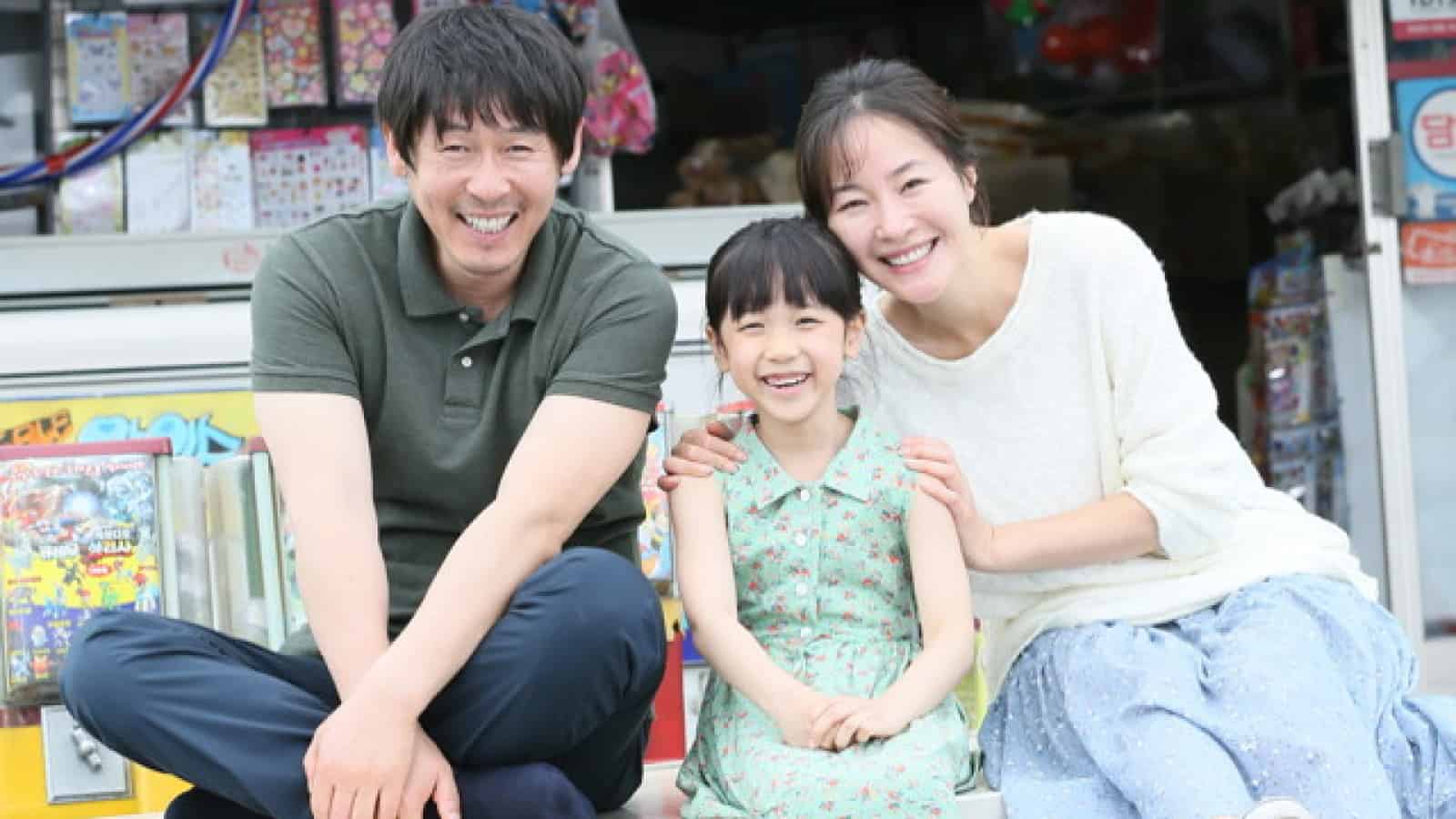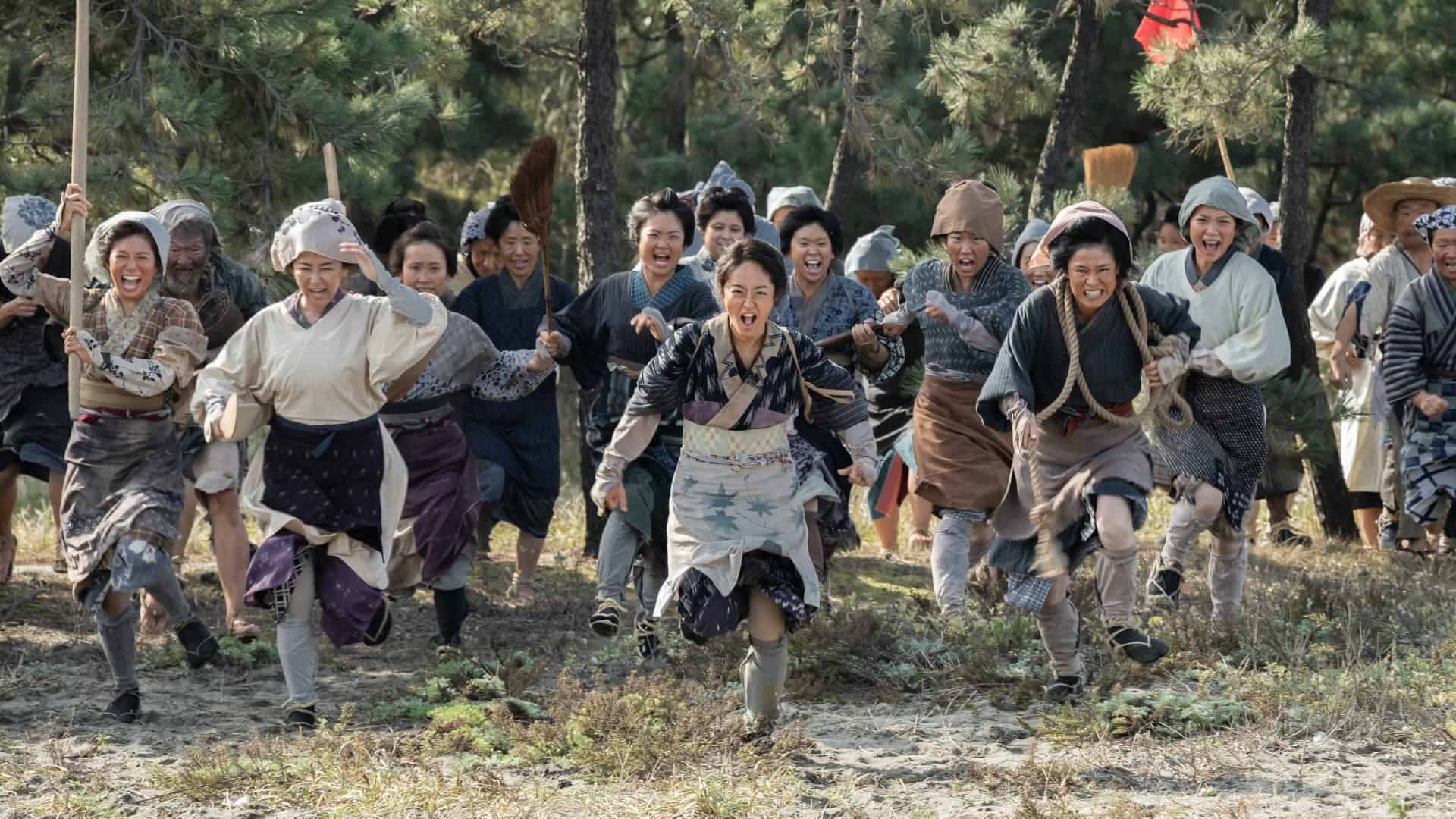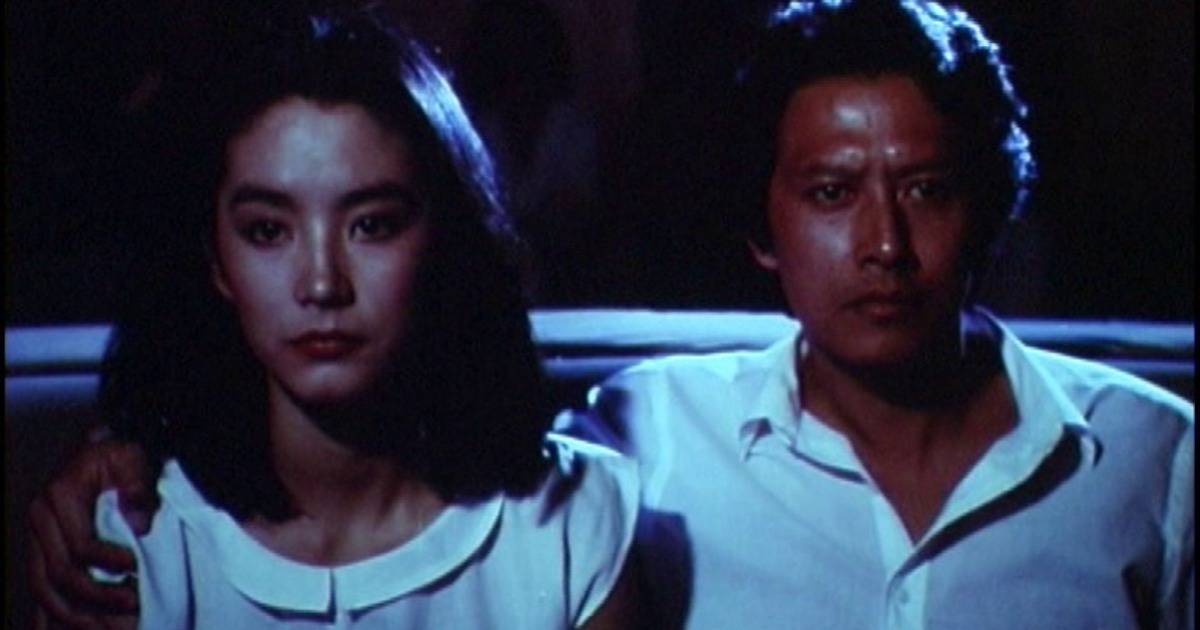Probably the least celebrated (and advertised) film category, the documentary, nevertheless, can offer as much entertainment as any movie, and in the process, educate, remind, analyze and present issues that the rest of genres would not even dream of touching.
This year's selection focuses on diversity once more, as it includes themes that range from mountain climbing and book cover design to idol groups and the sociopolitical situation in a number of countries, while also featuring films about food and drinks.
Without further ado, here are the Best Asian (themed) Documentaries of 2019, in alphabetical order, as we felt that the subjects and cinematic approaches are so different, that any kind rating would be futile. Some may have premiered in 2018, but since they mostly circulated in 2019, we decided to include them. (By clicking on the title, you can read the full review of the film, the country indicated next to the director may not be the film's origin, but of the theme's)
1. Alpinist: Confession of a Cameraman (Lim il-jin, South Korea)

“The value of the documentary as a medium of recording lives and events, and subsequently, as a tool whose purpose is not to let people forget, finds one of its apogees in this particular documentary. “Alpinist: Confession of a Cameraman” is a true requiem for a number of Korean alpinists who lost their lives in the mountains, but most of all, a tribute to the late mountain film director Lim Il-jin, who died along the entire expedition to Mt. Gurja, in 2018.” (Panos Kotzathanasis)
2. A Step Forward (Atsushi Kasezawa, Japan)

“Kasezawa's camera is unobtrusive and unnoticeable, leaving the facts and the people speak for themselves. His style is extremely realistic and bare, no music accompanies the images and the editing follows suit, as the subject matter is a delicate one to handle. It does it with great perceptiveness and a delicate touch; however, a bit of lightness here and there might have alleviated the experience, without being disrespectful. (Adriana Rosati)
3. A Tiny Place That is Hard To Touch (Shelly Silver, Japan)

“The nature of the images in “A Tiny Place That is Hard to Touch” along with Mike Degen's sound design suggest the various levels of emotional connection ranging from distance to tentative closeness. Fittingly, this observation can also be applied to the relationship of the two women as their various concepts, the American's reference to facts and figures and the other's “critical distance, interfere with a more meaningful understanding. Also, this fragmented understanding of the “other” defines how we see this person: a collection of images, statements and observations.” (Rouven Linnarz)
4. BNK48: Girls Don't Cry (Nawapol Thamrongrattanarit, Thailand)

Thamrongrattanarit seems perplexed, shocked and even appalled at the things he hears in the beginning, but as time passes, he seems to enjoy the interaction with the girls, with the same actually occurring to the spectator of the documentary, as their personalities actually rise above the whole concept of the AKB48. In that fashion, and despite the fact that the inhumane conditions of the whole concept of the idol group are quite eloquently presented, he succeeds in also highlighting the individuality of the girls, who prove to be much more than just members of a group.” (Panos Kotzathanasis)
5. Book, Paper, Scissors (Nanako Hirose, Japan)

““Book, Paper, Scissors” is a very interesting and well-shot documentary, that manages to address a number of issues through a captivating portrait of a master artisan. People who read will definitely have a blast with it.” (Panos Kotzathanasis)
6. Gaza (Garry Keane and Andrew McConnell, Palestine)

““Gaza” is a powerful, human story about the life in the Gaza Strip region, a story of people and their dreams. Defined by a tone both sobering and hopeful, Garry Keane and Andrew McConnell manage to give a face to a conflict which many of us only know through the media or other sources. And while it does not demand anything from its viewer, the possibility of connecting with any of the people in the film or their stories may be the founding stone of a rise in interest, the possibility of change or at least the realization that although there may be borders between us, we may be not so far apart from each other.” (Rouven Linnarz)
7. I Go Gaga, My Dear (Naoko Nobutomo, Japan)
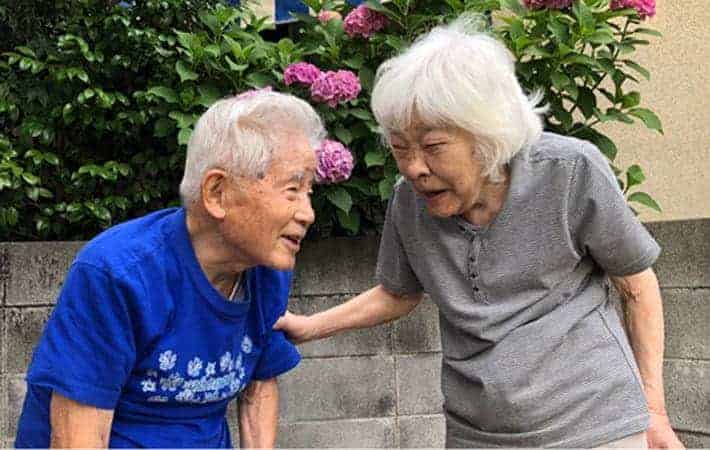
“In this very personal documentary, the first theatrical feature of Naoko Nobutomo, the director chronicles the everyday routines of her nonagenarian parents in Nagasaki, as her mother struggles with Alzheimer's-related dementia and her father tries to cope with both his wife's condition and his own age troubles. Nobutomo spent many years recording footage of her parents and with the combination of the presentation of their life story as much as their relationship with her, manages to present a realistically dramatic, but also uncannily captivating portrait.” (Panos Kotzathanasis)
8. Last Night I Saw You Smiling (Kavich Neang, Cambodia)

“In his first feature, the Cambodian director accompanies his family as well as many others during their final days and weeks in the White Building. He portrays the meetings with the authorities promising them financial compensation and how they pack up not only their belongings, but their memories of former days, days which have defined their lives and the country they live in. Rather than a memorial to the building, Neang expresses in the press kit to “Last Night I Saw You Smiling” he aimed to “use cinematic expression to bring the building back to life”.” (Rouven Linnarz)
9. Night Cruising (Makoto Sasaki, Japan)

“Kato also talks to different crew members responsible for e.g. fight scenes, special effects, recording a dubbing. During those brain storms, they deconstruct every scene, thinking about the desired final effect and the means to achieve it. It is fascinating how they can communicate with the director, explaining the planned framing and possible techniques and how both sides find a way to mirror their perception to each other. Kato's disability doesn't really change the craft. Every element must be considered story-wise and character-wise. Just the methods are different, like concept arts prepared with a 3D printer to enable Kato to see them via his fingertips.” (Joanna Konczak)
10. On the President's Orders (James Jones and Olivier Sarbil, Philippines)

“The result is an in-your face revelation of a government policy that does not separate the users from the addicts in any way, and even more, that has allowed killings to be perceived as simply applying the law. And the fact remains, that as long as Duterte is in command, nothing will change, although the equally shocking fact is that he actually has a lot of people who agree with his tactics.” (Panos Kotzathanasis)


